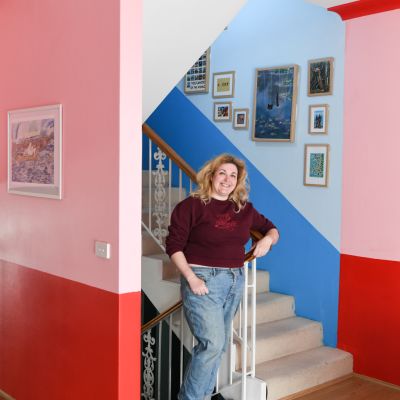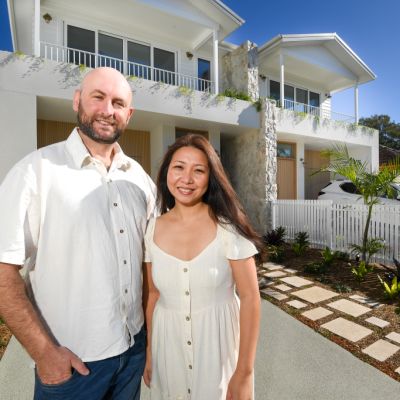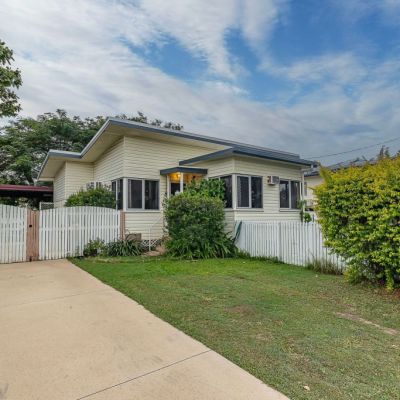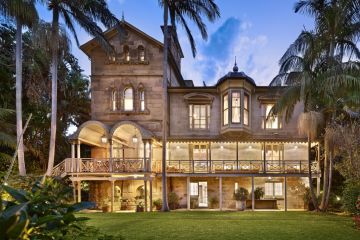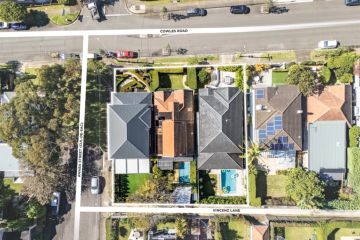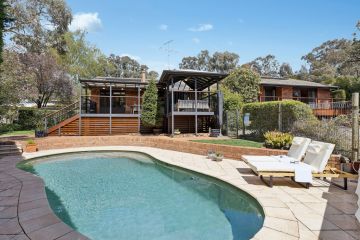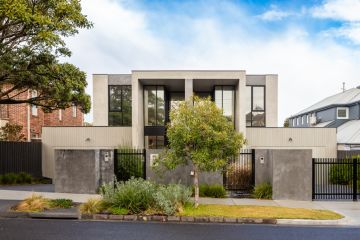The Australians who have most of their wealth tied up in property
Australians worth less than $1 million are more likely to have most of their wealth tied up in their family homes than the top 10 per cent, new research shows.
Experts say the country’s wealthiest households are more able to afford to diversify their investments beyond housing. They warn as housing affordability worsens, more Australians will be denied the opportunity to build wealth through their homes.
Equity in the family home made up half the net worth of Australians in the six and seventh decile of households that are worth $500,393 up to $925,461, the largest proportions of wealth tied up in property in the country, the Productivity Commission’s Snapshot of inequality in Australia research paper found.
That was followed by households in the eighth decile, worth $925,461 to $1,343,001, where they had 48.78 per cent of their wealth built up in their family home.
The top decile of households (worth $3,016,964 and higher) had about a third (or 32.47 per cent) of theirwealth tied up in their family home. They were within a percentage point of the third decile of households (worth $138,246 to $247,223), which was at 31.26 per cent.
AMP chief economist Dr Shane Oliver said this effect was mostly because there was a lower ceiling on house prices than wealth, particularly when considering that the top decile spanned from $3,016,964 to billions of dollars.
“What it is, is as you get extraordinarily wealthy, no matter how much you spend on the family home, it’s going to end up a small portion of your wealth,” he said. “If you’re a billionaire and you have a $21 million property, it won’t be a big chunk of your wealth.
“For normal Australians, the family home would be a big portion of your wealth.”
Quantify Strategic Insights head of data and insights Angie Zigomanis said the richest 10 per cent were also more likely to have wealth built up in other assets.
“For plebs like me, you and the general public, most will be salary earners, and you can only make so much as a salary earner. The real wealth is where people make more and above that, whether they operate their own business or are in a situation where they make commissions or bonuses or something like that,” he said.

“To make the real bucks you have to make your own business and a lot of your wealth will be tied up in that business … If you have more wealth, a good financial adviser will tell you to diversify as well.”
Oliver agreed: “If you’re in the know, you might think, ‘I’ve got an exposure to property in the family home.’ So you might go to shares,” he said. “You could have a private wealth adviser who puts you into shares, or you could buy into a small business. As you get wealthier, your ability to diversify goes up.”
The top 10 per cent had the highest proportion of wealth made up of business interests (7.35 per cent) and the third-highest proportion of wealth was made up of financial assets, such as shares or savings in a bank account (18.53 per cent).
The Australia Institute chief economist Greg Jericho pointed out the top 10 per cent also had the largest portion of their wealth in equity in properties other than the family home, at 18.74 per cent. He said the concentration of property wealth in the hands of the richest Australians was a result of policies like capital gains tax discounts and negative gearing.
“I have no problems with homeownership and people having homeownership as a source of wealth, but we have policies geared toward investment,” he said. “That’s the issue. You get a capital gains tax discount when you do other investments, but when I buy BHP shares it doesn’t take away the ability of someone else to buy BHP shares.”
Oliver said the widening gap between what Australians can afford to pay for property and what homes cost would lock people without generational wealth out of the housing market, and would deny them the ability to build wealth through their homes.
“Having a house is a stepping stone to building wealth. If it is now harder to get into the property market, which it is, it obviously makes it harder for younger generations to generate wealth, which is a problem,” he said. “You end up with what the US sees with social polarisation … it runs the risk of political instability. To remain a successful sustainable democracy, you need to put a limit on wealth inequality.”
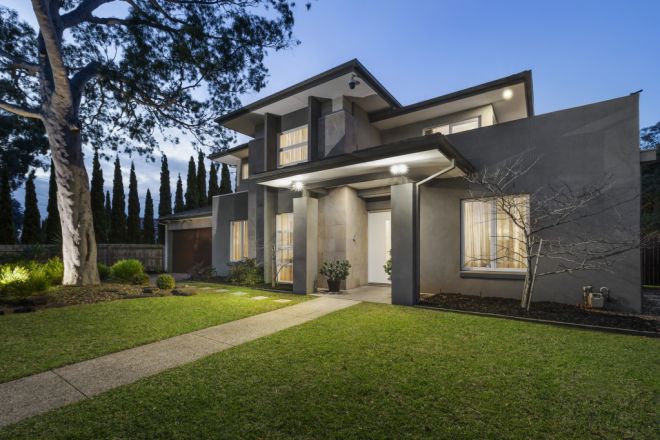
States
Capital Cities
Capital Cities - Rentals
Popular Areas
Allhomes
More
